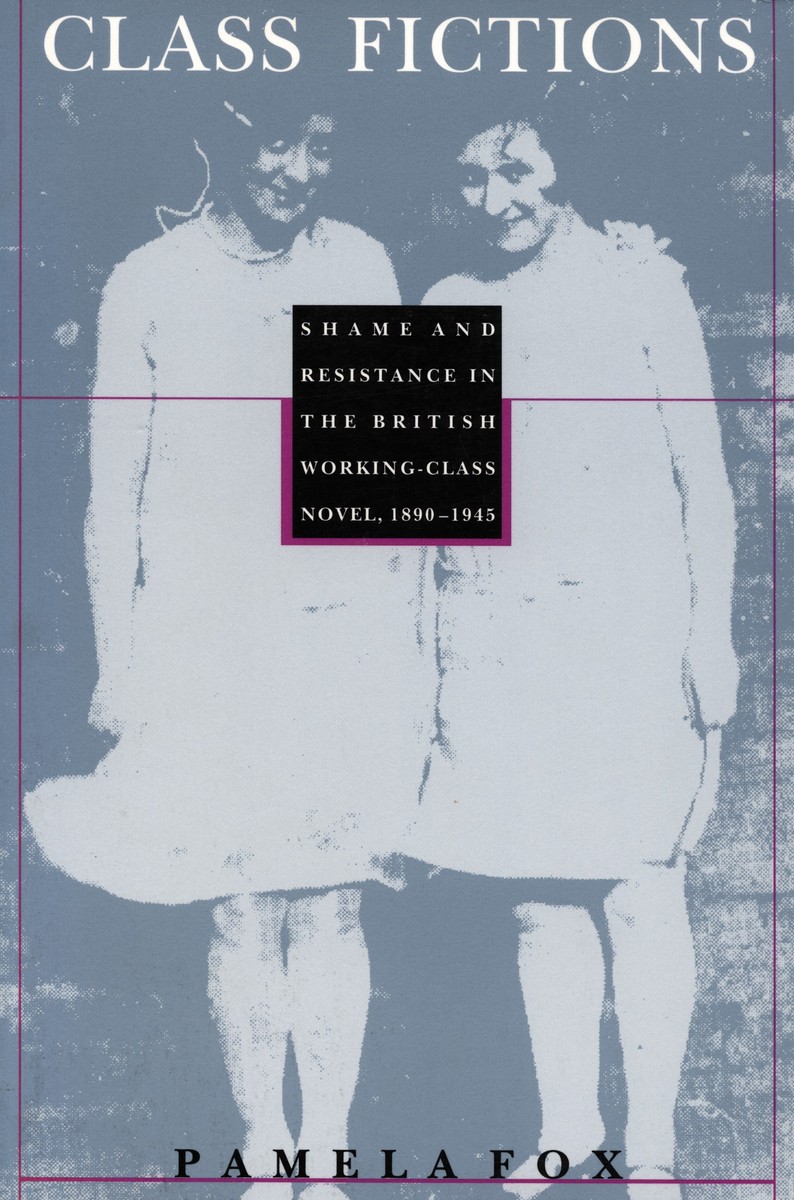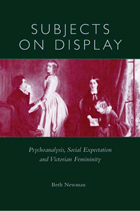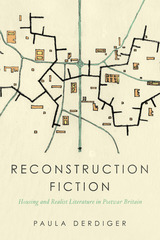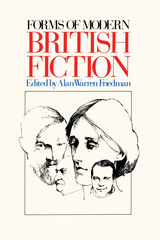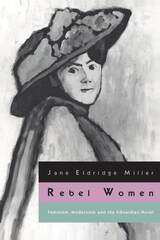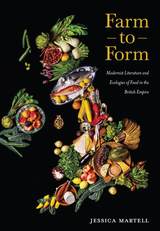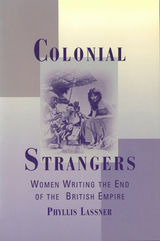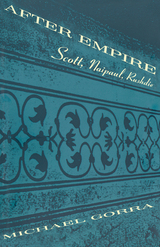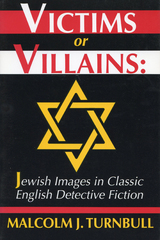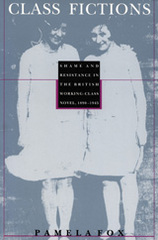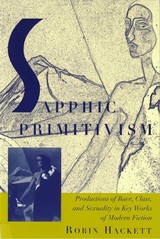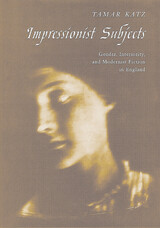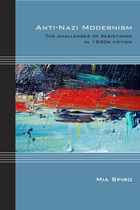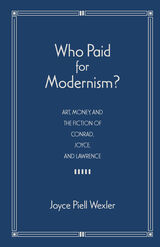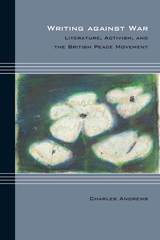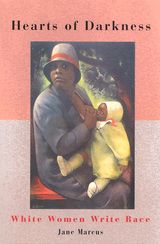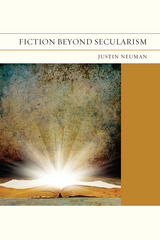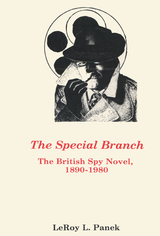Class Fictions: Shame and Resistance in the British Working Class Novel, 1890–1945
Duke University Press, 1994
Paper: 978-0-8223-1542-1 | Cloth: 978-0-8223-1533-9 | eISBN: 978-0-8223-8293-5
Library of Congress Classification PR888.L3F69 1994
Dewey Decimal Classification 823.912093520623
Paper: 978-0-8223-1542-1 | Cloth: 978-0-8223-1533-9 | eISBN: 978-0-8223-8293-5
Library of Congress Classification PR888.L3F69 1994
Dewey Decimal Classification 823.912093520623
ABOUT THIS BOOK | AUTHOR BIOGRAPHY | REVIEWS | TOC | REQUEST ACCESSIBLE FILE
ABOUT THIS BOOK
Many recent discussions of working-class culture in literary and cultural studies have tended to present an oversimplified view of resistance. In this groundbreaking work, Pamela Fox offers a far more complex theory of working-class identity, particularly as reflected in British novels of the late nineteenth and early twentieth centuries. Through the concept of class shame, she produces a model of working-class subjectivity that understands resistance in a more accurate and useful way—as a complicated kind of refusal, directed at both dominated and dominant culture.
With a focus on certain classics in the working-class literary "canon," such as The Ragged Trousered Philanthropists and Love on the Dole, as well as lesser-known texts by working-class women, Fox uncovers the anxieties that underlie representations of class and consciousness. Shame repeatedly emerges as a powerful counterforce in these works, continually unsettling the surface narrative of protest to reveal an ambivalent relation toward the working-class identities the novels apparently champion.
Class Fictions offers an equally rigorous analysis of cultural studies itself, which has historically sought to defend and value the radical difference of working-class culture. Fox also brings to her analysis a strong feminist perspective that devotes considerable attention to the often overlooked role of gender in working-class fiction. She demonstrates that working-class novels not only expose master narratives of middle-class culture that must be resisted, but that they also reveal to us a need to create counter narratives or formulas of working-class life. In doing so, this book provides a more subtle sense of the role of resistance in working class culture. While of interest to scholars of Victorian and working-class fiction, Pamela Fox’s argument has far-reaching implications for the way literary and cultural studies will be defined and practiced.
With a focus on certain classics in the working-class literary "canon," such as The Ragged Trousered Philanthropists and Love on the Dole, as well as lesser-known texts by working-class women, Fox uncovers the anxieties that underlie representations of class and consciousness. Shame repeatedly emerges as a powerful counterforce in these works, continually unsettling the surface narrative of protest to reveal an ambivalent relation toward the working-class identities the novels apparently champion.
Class Fictions offers an equally rigorous analysis of cultural studies itself, which has historically sought to defend and value the radical difference of working-class culture. Fox also brings to her analysis a strong feminist perspective that devotes considerable attention to the often overlooked role of gender in working-class fiction. She demonstrates that working-class novels not only expose master narratives of middle-class culture that must be resisted, but that they also reveal to us a need to create counter narratives or formulas of working-class life. In doing so, this book provides a more subtle sense of the role of resistance in working class culture. While of interest to scholars of Victorian and working-class fiction, Pamela Fox’s argument has far-reaching implications for the way literary and cultural studies will be defined and practiced.
See other books on: English fiction | Fish, Stanley | Jameson, Fredric | Resistance | Working class
See other titles from Duke University Press
